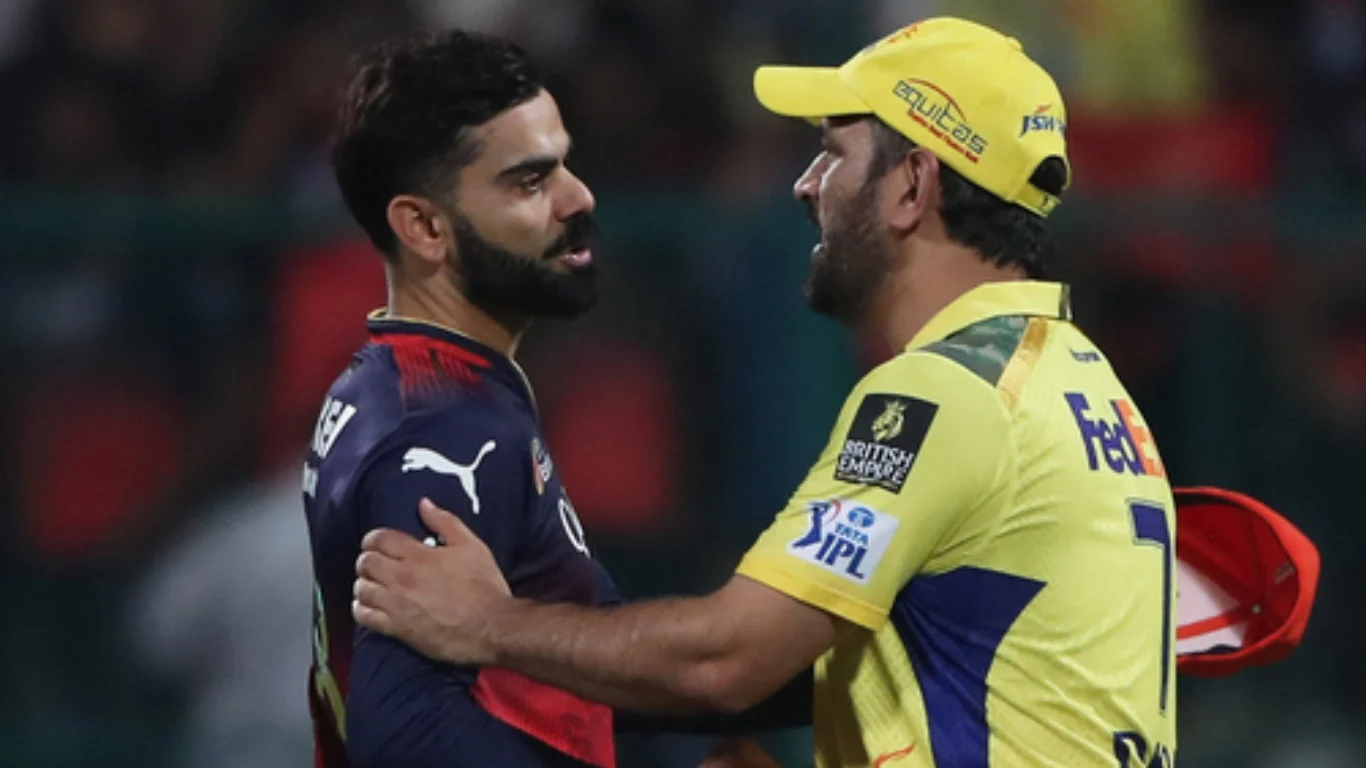
The Board of Control for Cricket in India (BCCI) has officially suspended the 2025 Indian Premier League (IPL) indefinitely in light of escalating security concerns following the sharp increase in military tensions between India and Pakistan. This unprecedented move comes after the Punjab Kings versus Delhi Capitals match at Dharamsala was called off due to safety issues stemming from potential aerial threats in the region.
The decision was confirmed by BCCI sources to Hindustan Times on Friday, following a rapidly deteriorating security situation along the India-Pakistan border. The match, which was delayed by rain, had only just started when a sudden technical malfunction occurred with the stadium’s floodlights. Initially believed to be a minor issue, the situation escalated swiftly as security warnings about air raids from Pakistan were issued. The venue, Dharamsala’s Himachal Pradesh Cricket Association (HPCA) stadium, is located less than 100 kilometers from Pathankot, a town that was among the primary targets of Pakistan’s recent aerial attacks, amplifying concerns for the safety of both players and spectators.
“We have decided to indefinitely suspend the IPL. The players’ safety is our utmost priority. Hence we decided to stop the tournament for now,” BCCI sources told Hindustan Times. “We’ll decide later if and when the tournament can resume. Right now, national interest is of utmost importance,” the sources added. The suspension of the IPL follows growing concerns for public safety and the unpredictable nature of the border tensions, which have made it challenging to guarantee a secure environment for such large-scale sporting events.
The match between Punjab Kings and Delhi Capitals had started later than scheduled due to rain delays, but it was interrupted when the floodlights in the stadium went out. This disruption was initially thought to be a technical glitch, but as the situation unfolded, the concerns quickly shifted to security risks. Both teams were abruptly informed about the air raid alerts, which led to the evacuation of the crowd and the immediate withdrawal of players from the field. The players, many of whom were international stars, were quickly ushered to their respective team buses, and the match was called off for safety reasons.
One player, who spoke anonymously, revealed the level of panic among both teams. “We were told about attacks in nearby Pathankot. We were asked to go back to the hotel immediately. There was some panic… Delhi Capitals were seated in the Punjab team bus, and vice-versa. We wanted to go out, but there was a huge crowd. The foreign players were worried, with many of them wanting to return home,” the player said. These concerns were echoed by foreign media outlets, including Australian sources, who reported that Australian players in the IPL expressed deep concerns about their safety and were “ready” to return home.
The evacuation of the spectators from the stadium added to the chaos. As the crowd, which had filled about 80% of the stadium’s capacity, was ushered out, some were seen chanting anti-Pakistan slogans. The scene in Dharamsala was a rare and unsettling one for the usually festive atmosphere of the IPL, where security concerns took center stage.
In the wake of the security threat, the BCCI, in consultation with the IPL governing body, took swift action to review the situation. The board decided that the future of the tournament would be evaluated once more information about the situation became available. IPL chairman Arun Dhumal was seen at the boundary line during the evacuation, attempting to manage the crowd and control the situation, while simultaneously keeping an eye on the rapidly evolving security situation. “We are constantly in touch with the authorities, and we are monitoring the situation closely. As of now, we are awaiting government directives, and a decision on the continuation of the IPL will depend on how the situation unfolds,” Dhumal told the press.
The effects of the security situation had immediate consequences for the logistics of the tournament. Flights to and from Dharamsala were suspended, as authorities closed the airport for civilian use, and the team buses were redirected to safer routes for the players to return to their hotel. The suspension of flights added further complexity to the logistics of the IPL, with teams unable to travel freely or as scheduled. The BCCI explored alternate methods of transportation, including potentially moving teams by train, but the situation remained uncertain.
As tensions between India and Pakistan have soared, with Pakistan launching air attacks on multiple Indian cities, the IPL’s future now lies in the balance. On May 8, 2025, Pakistan initiated multiple aerial strikes targeting cities near the border, including Jammu, Pathankot, and regions in Punjab and Rajasthan. These attacks further exacerbated an already volatile situation and caused widespread panic, with military forces and local authorities scrambling to assess and counter the potential risks.
The decision to suspend the IPL is part of India’s broader response to the ongoing military tensions with Pakistan. On April 22, 2025, a terror attack in Pahalgam, Jammu and Kashmir, resulted in the deaths of 26 civilians, mostly tourists. In retaliation, India launched precision missile strikes against terrorist hubs in Pakistan and Pakistan-occupied Kashmir (PoK) as part of Operation Sindoor. The airstrikes targeted key camps of terror groups such as Jaish-e-Mohammed (JeM) and Lashkar-e-Taiba (LeT), organizations that have long been associated with cross-border terrorism and violence in India. These strikes were seen as a direct response to Pakistan’s involvement in the terror attack on Indian soil, marking a significant escalation in hostilities between the two nuclear-armed neighbors.

















